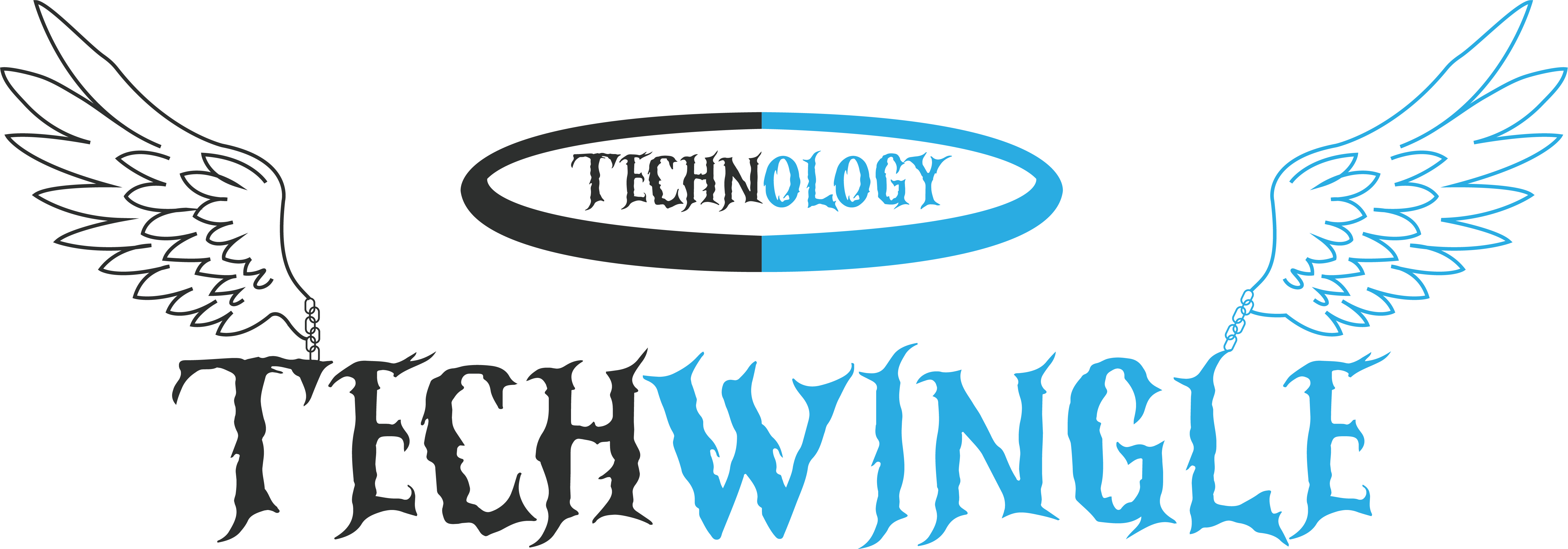Getting your work published in a journal is about credibility, recognition, and growth. How often do you come across someone whose ideas are backed by research or cited in reputable publications, and instantly, they seem more authoritative? That is the power of being published.
It tells others that your ideas have been tested, reviewed, and respected by experts in the field. Whether you are a student, researcher, or professional, this milestone opens doors to collaborations, speaking opportunities, and career advancements that might have otherwise remained closed.
But what exactly makes journal publication so valuable? Let’s find out.
From Recognition To Influence
Being published in a journal is the beginning of influence. Once your research or ideas enter the public domain, they contribute to a broader discussion, shape new insights, and even inspire future studies.
This kind of exposure builds professional credibility and positions you as an authority in your area of expertise. Colleagues begin to reference your work, fellows reach out for collaboration, and your academic or professional network expands naturally.
Over time, your published work becomes a stepping stone for invitations to conferences, teaching opportunities, or even policy influence, depending on your field.
You can seek WoS publication assistance to make your journal publication a successful one.
Expanding your academic and professional horizon
When you publish in a journal, you are not just sharing research. You are stepping into a global arena of thinkers, innovators, and professionals who speak the same intellectual language.
Your paper can travel far beyond your university or workplace, reaching audiences you may never personally meet.
For researchers, it can mean citations and give your ideas wings, while helping them grow and evolve in ways you might never have imagined.
Moreover, journals are more than platforms. Being published allows you to join conversations that shape your field’s future. You gain access to a network of experts who may challenge, refine, and strengthen your thinking.
Building a stronger personal brand
Having your name attached to published work sets you apart. Employers, institutions, and collaborators see publication as a mark of dedication and excellence.
It reflects not just what you know, but your ability to contribute to meaningful discussions, conduct credible research, and present information with integrity.
Even outside academia, the benefits ripple outward. A published article can position you as a thought leader in your industry, boosting your visibility online and offline.
It can help you establish authority on LinkedIn, strengthen your professional portfolio, and even open doors to consulting or speaking roles. In short, it builds your personal brand as someone whose insights matter.
A lasting legacy of knowledge
Perhaps the most rewarding aspect of journal publication is knowing that your ideas will outlive the moment they are written. They will be read, cited, and built upon by future scholars and professionals.
Your work becomes part of the collective foundation of knowledge. A contribution that continues to inspire and inform others for years to come.
And while the process might seem challenging at first, from drafting and editing to fellow review, the reward is far greater. When your work is published in a journal, it represents what you will continue to influence tomorrow.
The learning curve that shapes you
Beyond the prestige, the process of getting published teaches invaluable skills. You learn how to structure your ideas clearly, defend your arguments with evidence, and think critically about your own assumptions.
Many professionals and researchers find that this process entirely reshapes their approach to work. You begin to notice patterns, question established methods, and develop a deeper curiosity about why behind everything you study.
Even rejection, which almost every author faces, becomes part of the learning experience. Reviewer feedback, while sometimes daunting, often pushes your work to a level of quality and depth you couldn’t have achieved alone.
There are professionals who offer reviewing, editing, and migration letters journal submission as well.
Turning recognition into opportunity
Once your work is out there, opportunities often follow. Conferences, symposiums, and panels start to take notice of published authors. You may be invited to present your research, contribute to future issues, or collaborate on new projects.
This can be a career-defining moment for students and early-career professionals, the first real step toward being seen as an expert in your field.
The exposure builds a pathway to new ventures. Being published adds weight to your professional identity, whether it’s an academic promotion, a research grant, or a partnership with industry leaders. It signals that your insights are contributions backed by credibility and review.
Making an impact beyond academia
The influence of a published piece doesn’t stop at academic circles. Today, many journals are read by policymakers, journalists, entrepreneurs, and organizations looking for fresh insights.
Your findings could inform business strategies, inspire innovation, or even shape decisions that affect real communities.
That’s the beauty of sharing knowledge. It never truly belongs to one person once it’s published, but grows in reach and relevance with every reader.
Frequently Asked Questions
- How difficult is it to get published in a journal?
It depends on the journal’s reputation and review process. Top-tier journals have rigorous standards, but smaller or niche journals often welcome emerging voices. The key lies in clarity, originality, and relevance, not just prestige.
- Do I need to be a researcher or academic to get published?
Not necessarily! While academic journals cater to researchers, many professional and industry journals accept well-researched, insightful articles from practitioners, thought leaders, and students. If your work adds value, it deserves a place.
- What are the costs involved in journal publication?
Some journals are open-access and charge publication fees, while others are fully funded and free to publish. Always check the journal’s policies before submitting to avoid surprises.
Conclusion
Being published in a journal is more than an achievement. It is a statement. It says you’re not just absorbing knowledge, but creating it. You’re contributing ideas that may shape discussions, influence others, and leave a lasting mark in your field.
Yes, it takes effort, including countless edits, late nights, and moments of doubt, but every published author will tell you the same thing. It’s worth it. The reward isn’t just in seeing your name on a page, but in knowing that your words, your research, and your insights now live on as part of something bigger.











